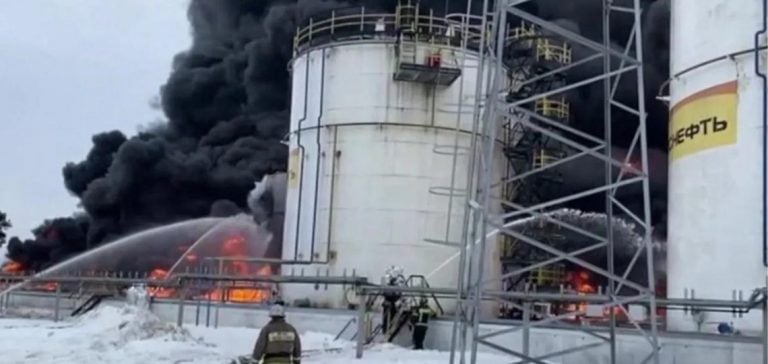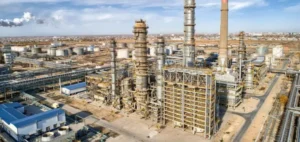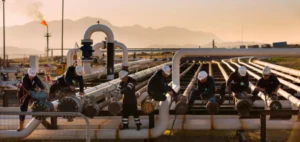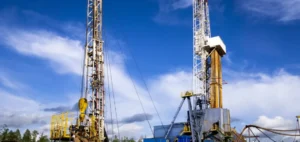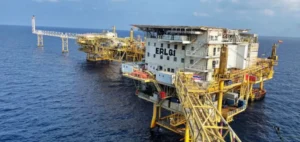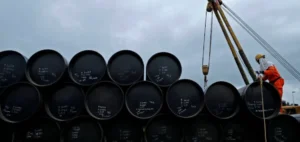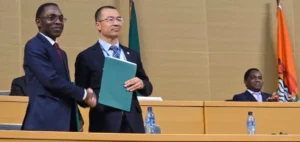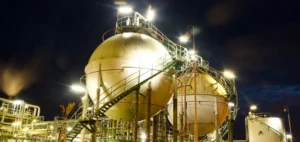Since the beginning of 2024, Ukraine has intensified its strikes on Russian energy infrastructure, particularly oil refineries. These attacks are aimed at disrupting the Russian economy and weakening its war machine.
Refining facilities play a crucial role not only in generating revenue, but also in supplying fuel to Russia’s armed forces. In July 2024, according to the Kyiv School of Economics (KSE), oil exports generated 15.4 billion euros for Russia, underlining the strategic importance of these facilities.
The Ukrainian army targeted refineries such as Ust-Luga, temporarily reducing Russia’s refining capacity.
Over the course of the year, the strikes cut production by around 1.1 million barrels a day in March, or 16% of total refining capacity.
Ukraine’s aim is clear: to strike where it hurts, by disrupting fuel supplies to the Russian army and reducing revenues from the export of petroleum products.
Rapid repairs and bypassing disruptions
Despite the immediate impact of the strikes, Russia has managed to limit the damage in the long term.
The major Russian oil companies have put in place strategies for rapid repairs and bypassing the affected areas.
According to experts at the Carnegie Center, most of the sites hit are back in service within three weeks.
This rapid repair capability enables Russian companies to limit production interruptions, while redirecting oil flows to less exposed refineries.
To counter these attacks, Russian refineries have strengthened their defense systems by installing anti-drone technology and purchasing anti-aircraft protection equipment.
These investments protect strategic sites from further attacks, while maintaining production.
Costly strikes with limited impact
Ukraine’s use of drones to target Russian refineries represents a significant cost for Kiev.
Each air raid costs between one and five million dollars, according to estimates, but the results in terms of disruption remain mixed.
The Kremlin downplays the impact of these strikes, claiming that production interruptions are minimal.
The Deputy Prime Minister in charge of Energy, Alexander Novak, has acknowledged that while the strikes cannot be 100% avoided, they do not represent a major long-term threat to the Russian oil economy.
At the same time, Russia has extended a moratorium on gasoline exports until the end of the year, citing technical reasons linked to necessary repairs at certain refineries.
This moratorium is designed to maintain stable supplies to the domestic market, while averting a fuel crisis.
Market stability despite attacks
Worldwide, oil prices have not been significantly affected by these strikes.
After several months of repairs, Russia’s refining capacities are now almost fully restored, with the exception of the Moscow refinery, which remains partially out of service following an attack in September.
This shows the resilience of the Russian energy system, despite Ukrainian military pressure.
However, reciprocal attacks on energy infrastructures remain a thorn in the side of both sides.
Ukrainian strikes continue, with increasing intensity, while Russia attempts to strengthen its defense capabilities.
This situation creates constant instability, with no real long-term impact on the global oil economy.

